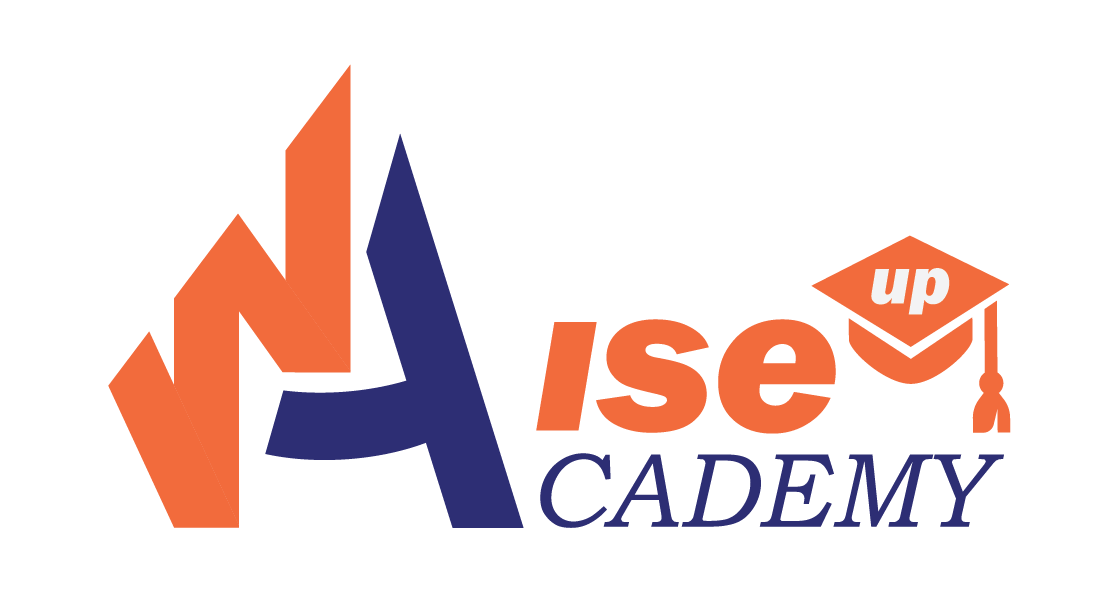A Comprehensive Programming Course Outline
Here’s a comprehensive outline for our programming course, designed to introduce learners to the fundamentals of programming and equip them with practical skills:
Module 1: Introduction to Programming
- What is Programming?
- Defining programming and its applications
- The role of computers and programming languages
- Basic Programming Concepts:
- Variables and data types
- Operators (arithmetic, logical, relational)
- Control flow (if-else statements, loops)
- Input and output operations
Module 2: A First Programming Language (e.g., Python)
- Python Basics:
- Installation and setup
- Syntax and structure of Python programs
- Writing simple Python programs (e.g., Hello World, arithmetic calculations)
- Data Structures:
- Lists, tuples, dictionaries
- Arrays and strings
- Functions:
- Defining and calling functions
- Function parameters and return values
- Modules and Packages:
- Importing and using modules
- Creating your own modules and packages
Module 3: Object-Oriented Programming (OOP)
- Core OOP Concepts:
- Classes and objects
- Inheritance, polymorphism, and encapsulation
- Practical OOP:
- Designing classes and objects for real-world problems
- Creating object-oriented programs in Python
Module 4: Data Structures and Algorithms
- Data Structures:
- Stacks, queues, linked lists
- Trees and graphs
- Algorithms:
- Searching algorithms (linear search, binary search)
- Sorting algorithms (bubble sort, insertion sort, merge sort, quick1 sort)
- Recursion and dynamic programming
Module 5: Web Development (Optional)
- Frontend Development:
- HTML, CSS, and JavaScript
- Creating web pages and web applications
- Backend Development:
- Server-side programming languages (e.g., Python, Ruby, Node.js)
- Database design and SQL
- Building web applications with frameworks (e.g., Django, Ruby on Rails)
Module 6: Mobile App Development (Optional)
- Mobile Platforms:
- iOS (Swift) and Android (Java or Kotlin)
- Mobile app development tools and frameworks
- Mobile App Design and Development:
- User interface and user experience design
- Building mobile apps with responsive design principles
Module 7: Game Development (Optional)
- Game Engines:
- Game Design and Development:
- Game mechanics, level design, and storytelling
- Creating 2D and 3D games
Throughout the course, hands-on projects and exercises will be incorporated to reinforce learning.
Additional Tips:
- Choose a language: Python is a great choice for beginners due to its readability and versatility.
- Practice regularly: The more you practice, the better you’ll become.
- Learn from others: Join online communities, attend coding bootcamps, and collaborate with other programmers.
- Break down complex problems into smaller, manageable steps.
- Don’t be afraid to experiment and make mistakes.
Would you like to focus on a specific programming language or area of interest?


